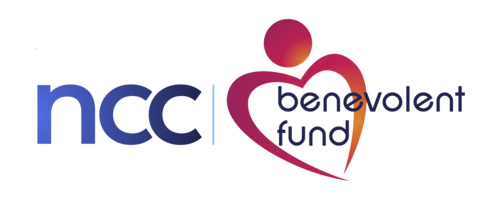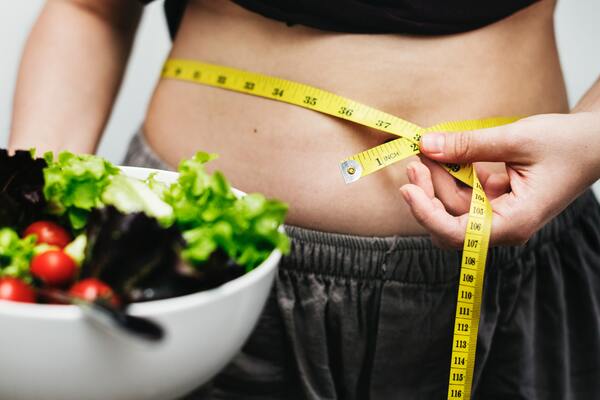Eat well, feel good
Eating healthily is not the same as being on a 'diet', you should be aiming for a healthy balanced diet that provides the nutrients and calories that you need. The calories that you require are based on how active you are, it is recommended that men eat around 2,500 calories and day and for women it is 2,000 calories. Your diet should help you maintain a healthy body weight.
There are a few simple things that you can do to make sure you follow a balanced diet, the Eatwell guide shows the things that you should try to do:
Get your 5 a day
Fruit and vegetables should make up about a third of the food that we eat a day. Fresh, frozen, tinned, dried and juiced all count. Aim to eat 5 portions of each day, a portion is roughly 80g of veg or fruit and 30g of dried fruit.
TIP: Add some chopped fruit such as a banana to your breakfast or swap one of your snacks for some raw veg sticks.
Include starchy foods
Starchy carbohydrates such as potatoes, bread, rice and pasta should make up about a third of the food you eat daily.
There is a misconception that starchy food is fattening, but gram for gram they contain less than half the calories of fat. You can make starchy foods healthier by choosing wholegrain varieties and eating potatoes with their skin on.
You should aim to include one starchy food with each meal, they provide you with energy as well as fibre, vitamins and minerals.
TIP: Keep an eye on the fats that you use when cooking or serving these foods. This includes oils, butter and sauces.
Go for lower fat milk and dairy products
Dairy products are a good source or protein and calcium, which helps to keep you bones healthy. However, dairy products can also be high in fat, so choose lower fat options such as skimmed or semi-skimmed milk, reduced fat hard cheeses and lower fat spreads.
TIP: Try substituting dairy products for unsweetened, calcium fortified dairy alternatives such as soya milk and yogurts.
Portion up protein
Foods such a beans, pulses, meat, fish and eggs are all sources of protein. Protein is an important part of our diet as it helps the growth and repair of our body, as well as providing energy and nutrients.
To make sure your protein intake is healthy, choose lean meats, eat less processed meat and aim for 2 portions of fish a week.
Eggs are a great source of protein and essential vitamins, but watch how you cook them, frying an egg can increase the fat content by 50%.
TIP: Add pulses to your meat dishes such as casseroles, this will reduce the meat and fat that you eat as well as adding to your 5 a day.
Choose unsaturated fats
Too much fat in the diet, especially saturated fat, can increase the risk of heart attack and raise cholesterol.
A small amount of fat is essential to our overall health and is a source of essential fatty acids - which the body cannot make itself.
We should aim to cut down on foods high in saturated fats and where possible replace them with unsaturated fats such as olive and vegetable oils, avocados and nuts and seeds.
TIP: Check labels of food labelled lower fat, if the food was high fat to begin with the reduced fat version may still be high in fat and calories.
Drink plenty of fluids
Aim to drink 6 - 8 glasses of fluid per day, to stop you becoming dehydrated. All non- alcoholic drinks count, but avoid fizzy, high sugar drinks.
TIP: If you don't like plain water, add no added sugar squash or a wedge or lemon or lime.



